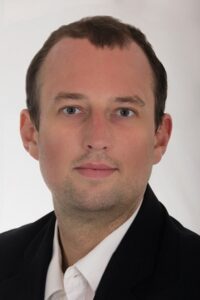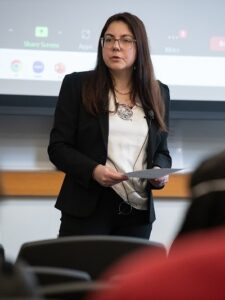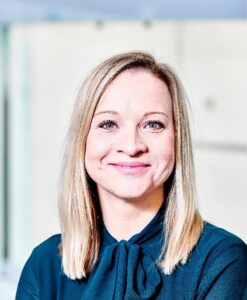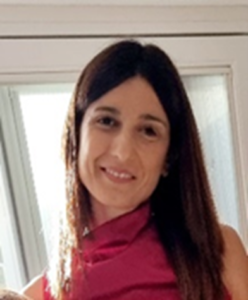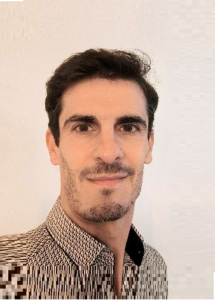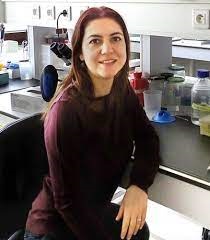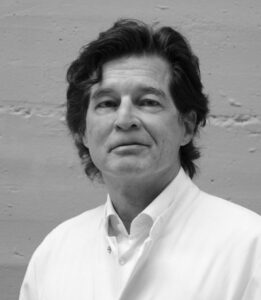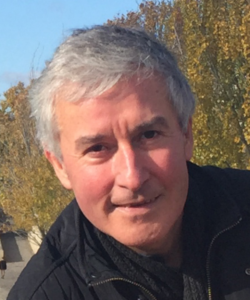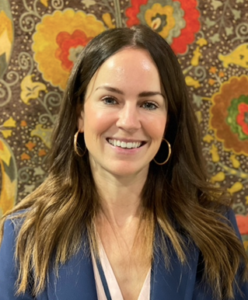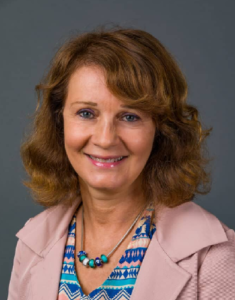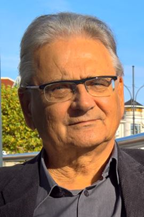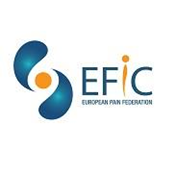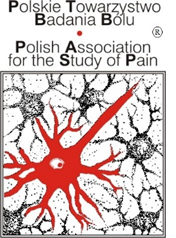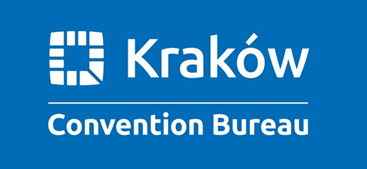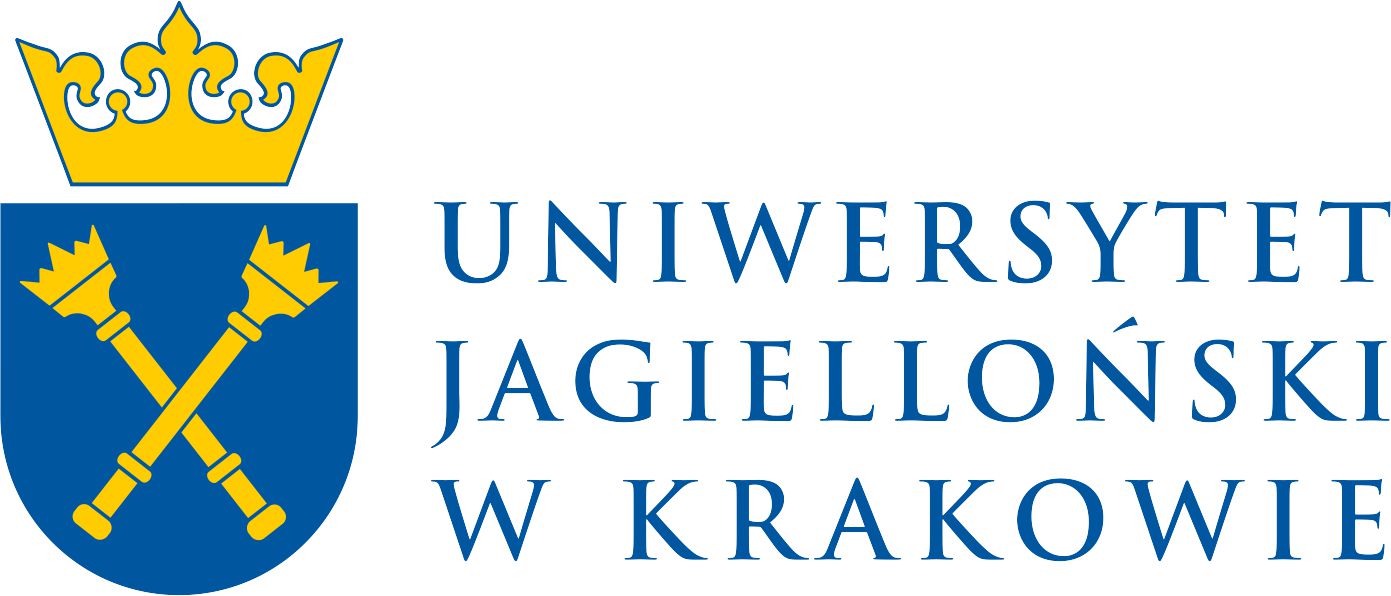4th European Pain Federation Krakow Pain School on Translational Pain Research: From Lab to Clinic
Wednesday 26 June: Students’ arrivals day
17:30- 20:00 Student Presentations – getting to know each other. Moderators: Luis Villanueva, Luis Garcia-Larrea
Thursday 27 June: Lecturers’ arrival day
Workshop Day for Students
8:45 For students: Bus transfer from the hotel to Maj Institute of Pharmacology Polish Academy of Sciences (IF PAS)
9:15-9:30 Welcome, Małgorzata Filip, director – Research topics at IF PAS
9:30-9:45 Grzegorz Kreiner – Presentation on the new Center for Development of New Pharmacotherapies of Central Nervous System Disorders (CEPHARES)
9:45-10:15 Ilona Obara – Revisiting histamine system for neuropathic pain relief: Targeting H3R.
10:15-10:30 Coffee break
10:30-11:00 Luis Villanueva – translational studies showing how dysfunctional mechanisms of central origins play a crucial role in different types of sustained or chronic pain states
11.00-13.30 – Workshop, Pain testing in preclinical studies
11:00-11:30 – Katarzyna Starowicz-Bubak, Joanna Mika – Introduction to Methods Used in Pain Testing,
11:30-13:30 Workshop (Animal house): Measuring pain in animals – 3-4 groups
11:30-12:10 K. Pawlik, W. Makuch, J. Mika – Measuring nerve injury-related pain behavior in rats (Group 1)
12:10-12:50 K. Ciapała, A. Ciechanowska, A. Bober – Measuring oxaliplatin- and streptozotocin-induced pain behavior in mice (Group 2)
12:50-13:30 K. Popiołek-Barczyk, M. Białoń, K. Starowicz-Bubak – Measuring osteoartritis-related pain behavior in rats (Group 3)
Group 1 – 3 will rotate between demonstration labs
13:30 – 14:15 Lunch
14:30 Bus transfer from IF PAN to Institute of Psychology, Jagiellonian University (IP UJ)
15:00 – 15:10 Przemysław Bąbel – Welcome
15:10-17:40 – Workshop, Human pain models and pain assessment
15:10 – 15:40 H. Bieniek, J. Brączyk, A. Budzisz – Introductory lecture: Introduction to human experimental pain models and pain assessment
15:40-16:25 H. Bieniek, J. Brączyk, I. Łaska – Exploring human pain models in the lab (Group 1) / J. Kłosowska, E Bajcar, D. Rubantes -Applications of pain-related psychological scales and questionnaires (Group 2)
16:25-16:55 Coffee break
16:55-17:40 J. Kłosowska, E Bajcar, D. Rubantes Applications of pain-related psychological scales and questionnaires (Group 1) / H. Bieniek, J. Brączyk, I. Łaska Demonstration workshop (in the lab): Exploring human pain models in the lab (Group 2)
17:45 Bus transfer to the hotel
19:15-19:30 Official opening of the school
19:30- 20:00 Opening lecture, Luis Garcia-Larrea – Human-to-human translation: from disease-related to normal pain processing… and back
20:00-22:00 Get together
Friday 28 June: Lecture Day
9:00-9:45 Nadine Attal – The concept of nociplastic pain
9:45-10:30 Kirsty Bannister – Central modulation of pain mechanisms in animals and humans
10:30-11:15 Francesca Guida – The role of gut microbiota in pain regulation
11:15-11:45 coffee break
11:45-12:30 Cyril Rivat – The role of receptor tyrosine kinase FLT3 in peripheral neuropathic pain: towards the development of a drug candidate
12:30-13:15 Daniel Segelcke – Advances in pain-related behavioral assessment in rodents
13:15-13.45 Animalab – Federico Montechiaro – TBA
13:45-14:45 lunch
14:45-15:30 Przemysław Bąbel – (Un)learning Pain: From Basic Experimental Studies to Clinical Applications
15:30-16:15 Luana Colloca – Pain Modulation: Determinants and predictors of placebo effects
16:15:17:00 Morten Hoegh – A critical view on the mechanism-based approach for chronic primary musculoskeletal pain
17:00-17:30 Andreas Kopf – opioid stewardship
19:30 Gala dinner in the restaurant
Saturday 29 June: Lecture Day
9:30-10:15 Eija Kalso – Sleep and pain
10:15-11:00 Niels Eijkelkamp – The immune system in control of pain. From mice to human
11:00-11:45 Ipek Yalcin – The comorbidity between chronic pain and mood disorders.
11:45-12:15 coffee break
12:15-13:00 Per Hansson – Lost in translation. The neuropathic pain perspective
13:00-13:45 Didier Bouhassira – Neuromodulation based analgesia: a true success story for translational pain research
13:45-14:30 Ilona Obara – Exploring Pain Management: Insights from Pre-Clinical Studies on Spinal Cord Stimulation
14:30-15:30 lunch
City Tour
Sunday 30 June: Conclusions and discussion
9:30-10:15 Short presentations (5 min.). Translational aspects of pain
Nadine Attal
Kirsty Bannister
Didier Bouhassira
Ipek Yalcin
Luis Villanueva
Eija Kalso
Luis Garcia-Larrea
Per Hanson
10.15-10.45 Coffee break
10:45-12:45 Panel discussion: Pain therapy and new perspectives emerging from basic research – “hope in translation”
Moderators: Eija Kalso / Luis Garcia-Larrea / Nadine Attal
12:45 – official end of the school





